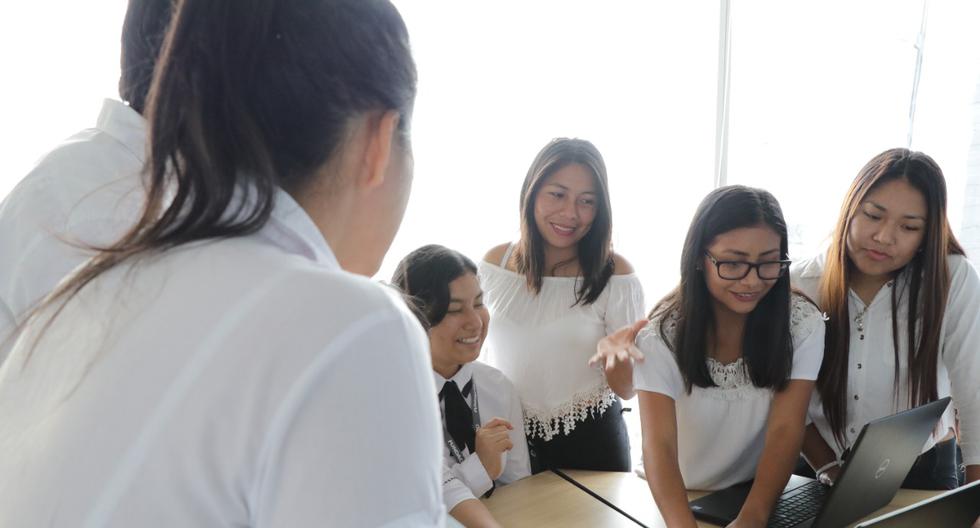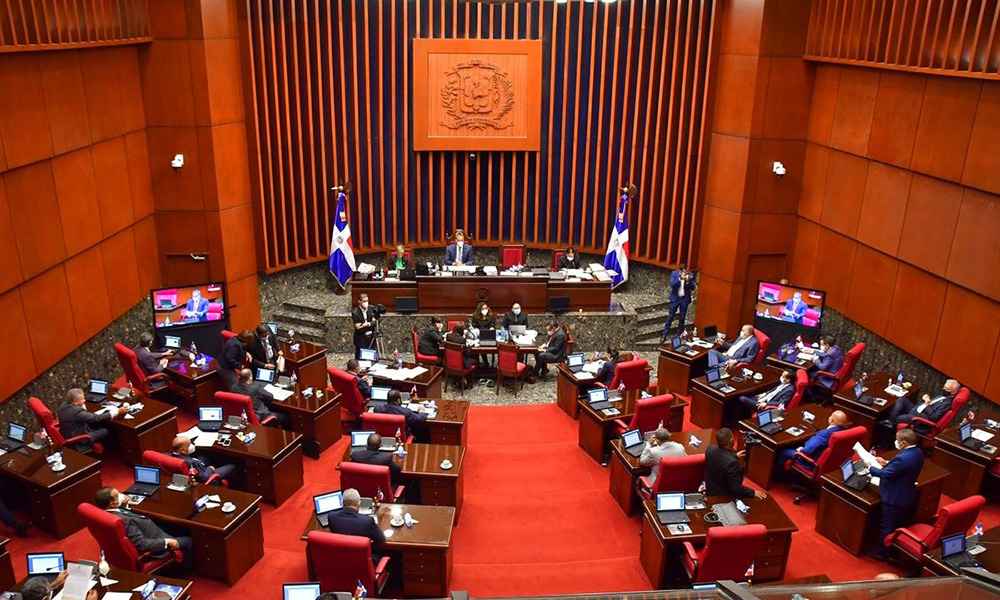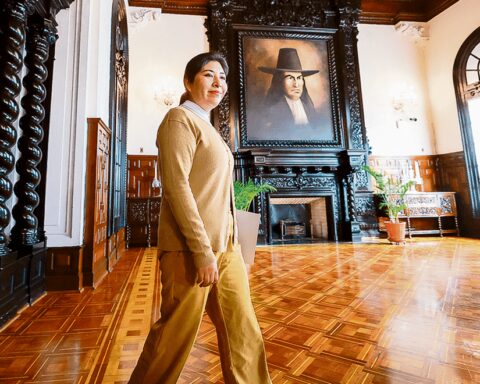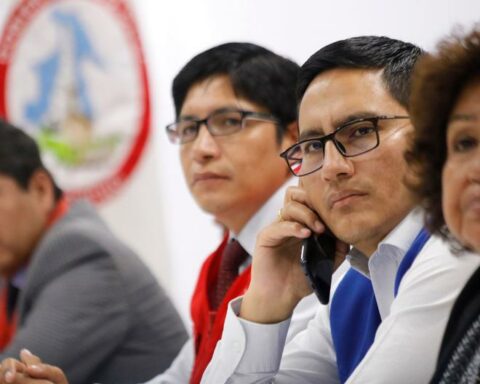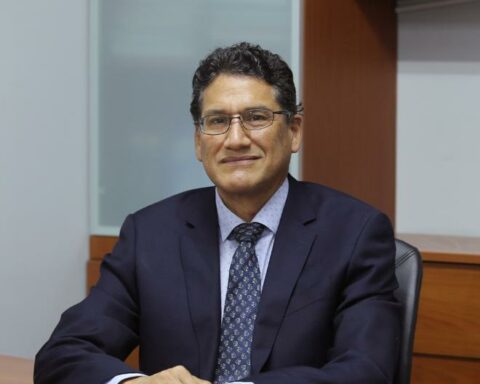The practices one of the first steps that young professionals take in the world of work, and just as the time, dynamics or intensity of their work have certain characteristics that differ from those of an already trained professional, their labor rights also have certain characteristics. What are these?
The first thing to keep in mind is that pre-professional and professional practices do not generate a labor relationship because its objective is educational, but certain rights are recognized.
Another aspect to take into account is that students participate in pre-professional internships until they graduate from their respective careers, while in professional internships graduates are included until before they obtain their professional degree. This is stated by the National Superintendence of Labor Inspection.
Professional internships also imply that a written internship agreement must be signed between the institute or university and the company where the person is going to practice, while when it comes to professional internships the agreement must not exceed 12 months, unless a longer length is determined.
What rights does a practitioner have?
one. A monthly grant: the intern receives a monthly subsidy, equivalent to a minimum vital salary (S/1,025), this in case it fully covers the day established to carry out the internship. In the cases in which it is not fulfilled, the payment will be proportional.
2. An additional grant: You must also receive the payment of half a monthly subsidy for every six months of internship.
3. Maximum practice day:
– Pre professional practices: practices must be carried out for a maximum of 6 hours a day or 30 hours a week.
– Professional practices: they have a daily duration of 8 hours or 48 weekly hours. Interns cannot work overtime.
Four. Right to rest: When the duration of the internship is greater than 12 months, the interns have the right to rest 15 paid days.
5. Social Security: They must have insurance that covers risks of illness and accidents through EsSalud or private insurance with coverage equivalent to 14 monthly subsidies in case of illness, and 30 per accident.

